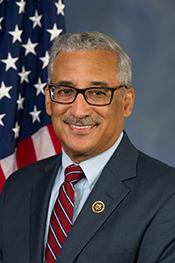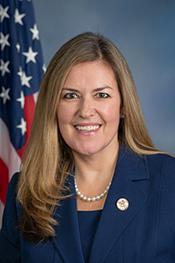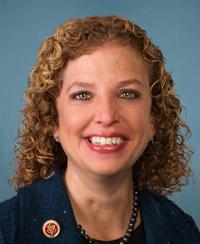0
Richard L. Trumka Protecting the Right to Organize Act of 2023
1/8/2024, 11:41 PM
Summary of Bill HR 20
The main provisions of the bill include expanding the rights of workers to join a union, prohibiting employers from interfering with workers' rights to organize, and providing stronger penalties for employers who violate these rights. The bill also aims to make it easier for workers to form unions by streamlining the union election process and providing more protections for workers who engage in union activities.
Additionally, the bill includes provisions to strengthen workers' rights to strike and to protect workers from retaliation for participating in strikes. It also includes measures to address the misclassification of workers as independent contractors, which can prevent them from accessing important labor protections. Overall, the Richard L. Trumka Protecting the Right to Organize Act of 2023 seeks to empower workers and ensure that they have the ability to organize and advocate for better working conditions and fair wages. The bill has garnered support from labor unions and worker advocacy groups, who see it as a crucial step towards protecting workers' rights in the United States.
Congressional Summary of HR 20
Richard L. Trumka Protecting the Right to Organize Act of 2023
This bill expands various labor protections related to employees' rights to organize and collectively bargain in the workplace.
Among other things, it (1) revises the definitions of employee, supervisor, and employer to broaden the scope of individuals covered by the fair labor standards; (2) permits labor organizations to encourage participation of union members in strikes initiated by employees represented by a different labor organization (i.e., secondary strikes); and (3) prohibits employers from bringing claims against unions that conduct such secondary strikes.
The bill also allows collective bargaining agreements to require all employees represented by the bargaining unit to contribute fees to the labor organization for the cost of such representation, notwithstanding a state law to the contrary; and expands unfair labor practices to include prohibitions against replacement of, or discrimination against, workers who participate in strikes.
The bill makes it an unfair labor practice to require or coerce employees to attend employer meetings designed to discourage union membership and prohibits employers from entering into agreements with employees under which employees waive the right to pursue or a join collective or class-action litigation.
The bill further prohibits employers from taking adverse actions against an employee, including employees with management responsibilities, in response to that employee participating in protected activities related to the enforcement of the prohibitions against unfair labor practices (i.e., whistleblower protections). Such protected activities include
- providing information about a potential violation to an enforcement agency,
- participating in an enforcement proceeding,
- initiating a proceeding concerning an alleged violation or assisting in such a proceeding, or
- refusing to participate in an activity the employee reasonably believes is a violation of labor laws.
Finally, the bill addresses the procedures for union representation elections, provides employees with the ability to vote in such elections remotely by telephone or the internet, modifies the protections against unfair labor practices that result in serious economic harm, and establishes penalties and permits injunctive relief against entities that fail to comply with National Labor Relations Board orders.





